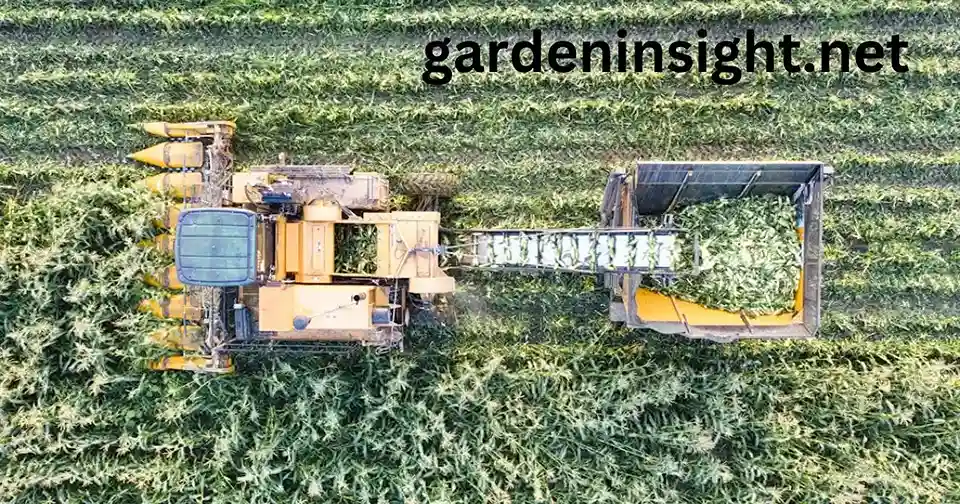Understanding how gardening relate to agriculture shows how home gardening fosters sustainable agriculture, supports biodiversity, and even inspires agricultural careers.
Let ‘s find how gardening skills, education, and small-scale practices positively impact agriculture.
Differences Between Gardening and Agriculture
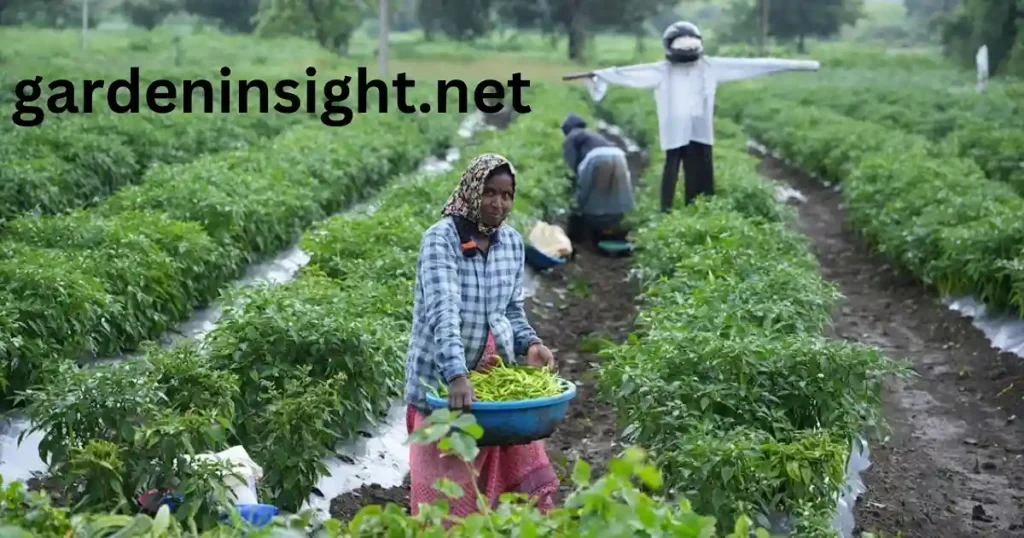
Gardening and agriculture serve distinct purposes. While agriculture is typically large-scale and focused on producing food for communities and markets, gardening is often a small-scale, personal endeavor focused on self-sufficiency, aesthetic enjoyment, or learning.
| Aspect | Gardening | Agriculture |
|---|---|---|
| Scale | Small, often individual or household | Large, often commercial |
| Purpose | Personal enjoyment, education, hobby | Food production, economic growth |
| Impact on Ecosystems | Limited, localized | Extensive, requires environmental management |
| Required Skills | Basic planting and maintenance | Advanced knowledge in crop cycles, soil, etc. |
Gardening can be seen as a microcosm of agriculture, providing the foundation for larger-scale practices and supporting skills that benefit agriculture and hence gardening relate to agriculture.
Is Gardening Part of Agriculture?
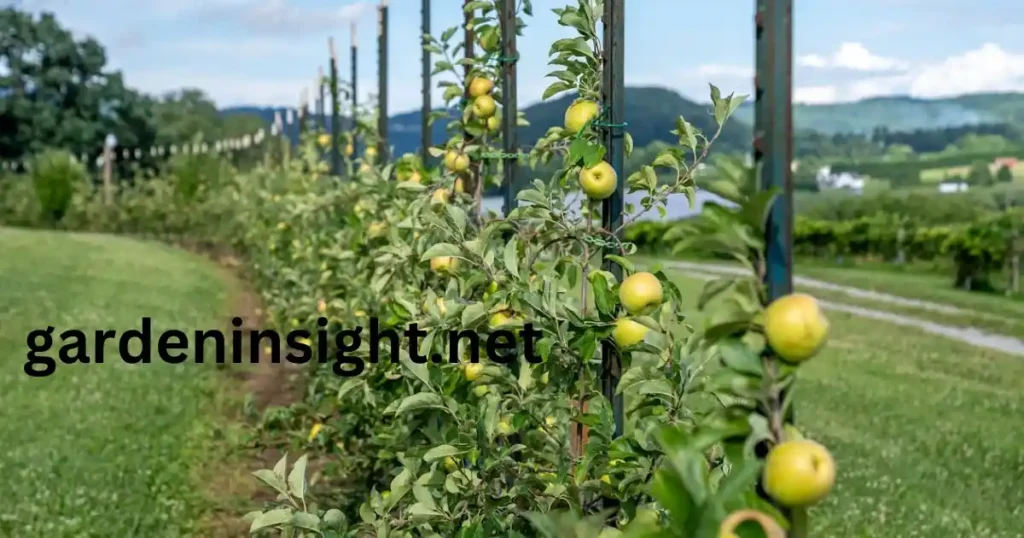
Gardening is essentially a subset of agriculture. How gardening relate to agriculture is seen in the way many agricultural techniques apply to gardening, serving as a bridge for those exploring agriculture on a smaller scale.
Gardening relate to agriculture by teaching plant life cycles, soil health, and basic food-growing skills, making it a foundation for understanding agricultural practices.
Bridging the Gap: 9 Key Connections How Gardening Relate To Agriculture
| Aspect | Gardening | Agriculture | How Gardening Relate to Agriculture |
|---|---|---|---|
| Scale of Production | Small-scale, usually for personal or community use | Large-scale, intended for commercial and mass production | Gardening is a smaller version of agricultural practices, serving as an accessible entry point. |
| Purpose | Recreation, food production, and ecosystem support | Primarily for economic purposes and food production on a large scale | Gardening introduces basic agricultural goals, such as food growing and environmental contributions. |
| Techniques Used | Composting, pest control, crop rotation, soil conditioning | Advanced techniques including mechanized tilling, irrigation, and crop rotation | Gardening teaches foundational techniques that are expanded and scaled up in agriculture. |
| Environmental Impact | Minimal environmental impact, often sustainable practices | Larger environmental impact; can be both sustainable and unsustainable | Gardening emphasizes eco-friendly practices that can influence sustainable agriculture initiatives. |
| Biodiversity Support | Enhances biodiversity within small areas, like backyards or community plots | Affects biodiversity on a larger scale; may promote or threaten species | Gardening practices often focus on biodiversity, aligning with sustainable agricultural goals. |
| Skill Development | Basic plant care, soil management, pest control | Advanced knowledge of plant biology, genetics, and ecosystem management | Gardening provides a foundation for developing agricultural skills in crop management and soil health. |
| Economic Importance | Limited economic benefit, often personal savings | Vital to local, national, and global economies | Gardening can lead to small-scale economic benefits and foster skills for agricultural careers. |
| Impact on Local Ecosystem | Supports pollinators, improves soil health, reduces food miles | Can enhance or degrade local ecosystems, depending on practices used | Gardening can demonstrate sustainable practices that agriculture might adopt for ecosystem health. |
| Technology and Equipment | Basic tools (e.g., hand trowels, watering cans) | Advanced machinery (e.g., tractors, irrigation systems) | Gardening serves as an introduction to tools and techniques later scaled up in agricultural settings. |
Importance of Gardening in Agricultural Education
Gardening is an effective educational tool in agricultural studies. Through school gardens or home gardening projects, students gain hands-on experience with plants, soils, and sustainable practices. Many agricultural schools incorporate gardening as a starting point for students, allowing them to apply theoretical knowledge in practical ways.
| Educational Benefits of Gardening |
|---|
| Teaches fundamental plant biology |
| Builds awareness of sustainable practices |
| Provides skills for agricultural careers |
| Encourages self-sufficiency |
Small-Scale Gardening in Sustainable Agriculture
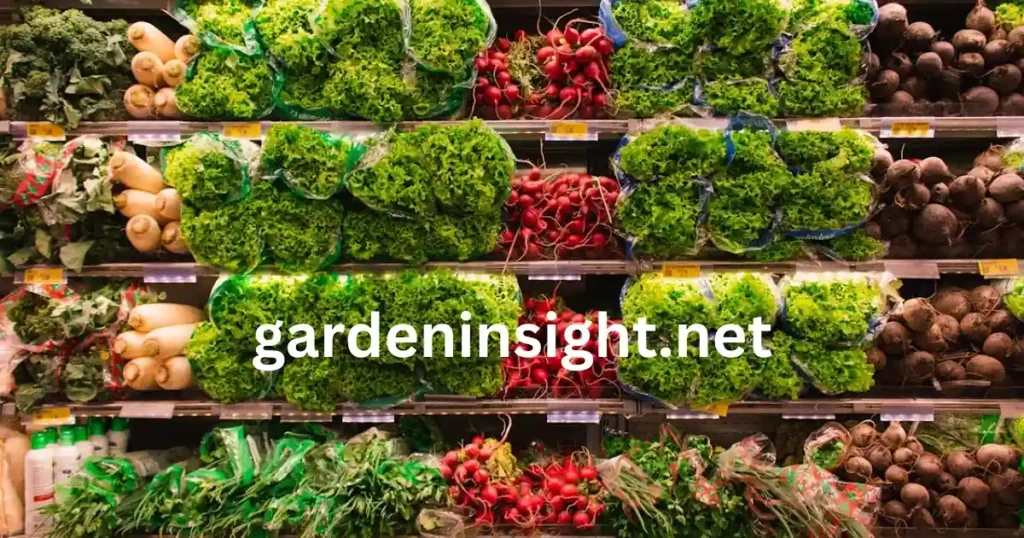
Sustainable agriculture reduces the environmental footprint of food production, and small-scale gardening relates to agriculture by supporting this goal.
Gardening relate to agriculture through home and community gardens, which boost biodiversity, lessen reliance on commercially grown produce, and aid local ecosystems. Additionally, gardening relate to agriculture as a foundation for careers, as many in agriculture begin with gardening.
Gardening skills like crop rotation, pest control, and soil management are essential for understanding how gardening relate to agriculture on a larger scale.
How Gardening Relates to Agriculture and Enhances Agricultural Practices
Skills gained from gardening, such as pest management, watering schedules, and soil care, are directly applicable to agriculture. For instance, gardeners often learn to identify and control pests without harmful chemicals, a practice that is beneficial in sustainable agriculture.
| Gardening Skill | Application in Agriculture |
|---|---|
| Pest Identification | Reducing reliance on pesticides |
| Soil Management | Encourages soil health and fertility |
| Watering Techniques | Efficient water use practices |
| Crop Rotation Basics | Supports sustainable crop cycles |
Urban Gardening Relate To Agriculture And It ‘s Impacts
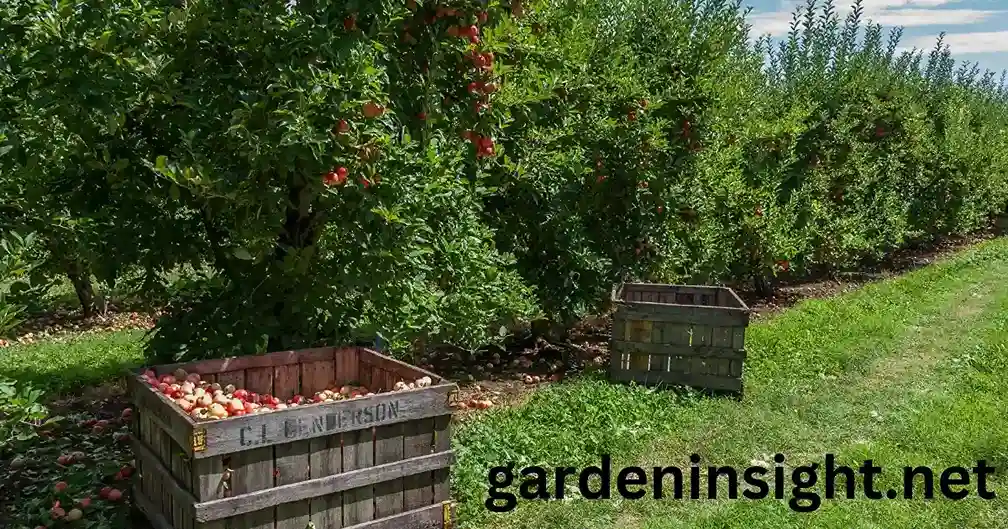
Urban gardening is growing in popularity as cities find innovative ways to incorporate green spaces. This trend has a significant impact on agriculture by reducing the distance food travels and supporting food security in urban areas. Urban gardening contributes to local food production, improving access to fresh produce.
Gardening Relate To Agriculture And Biodiversity
Gardening enhances agricultural biodiversity by cultivating various plant species, many of which attract beneficial insects and support ecosystem health. Home gardeners can choose to grow heritage plants or native species that may not be as prevalent in larger agricultural operations.
How Home Gardening Supports Agricultural Ecosystems
Home gardening supports agricultural ecosystems by improving soil quality and providing habitats for pollinators. Gardeners often use organic compost, reducing waste and enhancing soil health, which benefits the larger agricultural environment.
Conclusion
Gardening and agriculture are closely intertwined, showcasing how gardening relate to agriculture in various impactful ways. Gardening relate to agriculture by offering a smaller-scale version of agricultural practices, supporting biodiversity, and promoting sustainability.
Through hands-on experience, gardening relate to agriculture by introducing individuals to the essentials of food production and environmental impact. Gardening relate to agriculture by acting as an entryway into agricultural careers and helping people grasp how gardening relate to agriculture on a broader level.
By emphasizing sustainable practices, gardening relate to agriculture and plays a vital role in the agricultural ecosystem, showing many ways gardening relate to agriculture through shared goals and practices.
FAQs
How Does Gardening Benefit Agriculture?
Gardening serves as a gateway to agricultural skills, introducing individuals to techniques like soil management, pest control, and plant care that are essential in agriculture.
What Is the Difference Between Gardening and Agriculture?
The primary difference lies in scale and purpose. Gardening is typically small-scale and personal, while agriculture operates on a larger scale, producing food for markets and communities.
Is Gardening Relate To Agriculture And Considered Part of it?
Yes, gardening is often seen as a subset of agriculture, especially when it involves growing edible plants and using agricultural techniques.
How Does Urban Gardening Affect Agriculture?
Urban gardening helps reduce the demand for commercially grown produce and promotes food security in cities by providing fresh, locally grown food.
How Does Gardening Support Biodiversity in Agriculture?
Gardening contributes to biodiversity by introducing various plant species and creating habitats for pollinators and beneficial insects.
